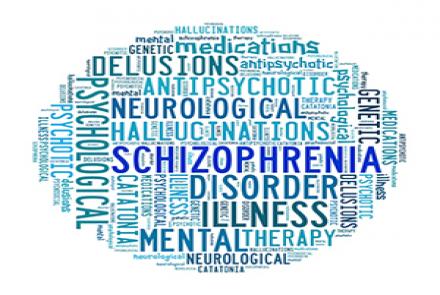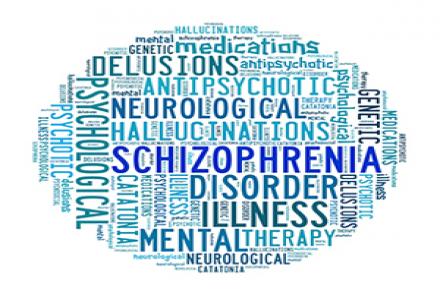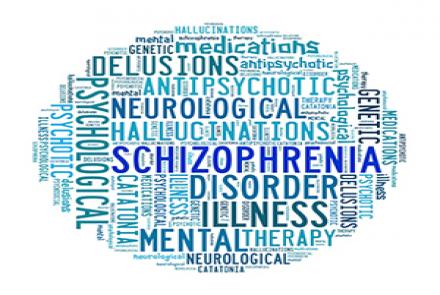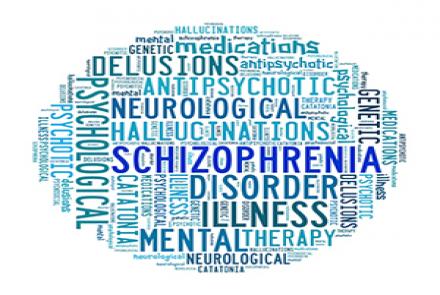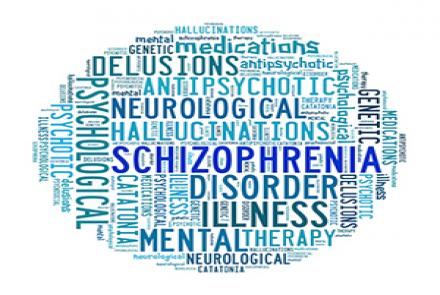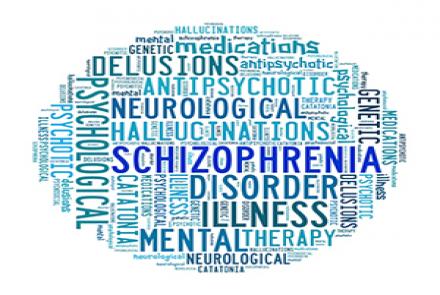The most effective way to manage difficult behaviours in dementia and keep stress at bay for family, friends and caregivers is acceptance, patience and calmness, recommends Porrselvi A.P. a cognitive and psychosocial interventions specialist.
Many people with dementia undergo changes in behaviour during the course of the disease. These changes are unexpected, awkward, difficult to understand and are termed problem or deviant behaviour.
These sudden behavioural changes can be challenging…
Latest Stories
- A caregiver is someone who lives with, regularly helps or looks after a person with Parkinson’s and is directly involved in his/her care and well being. The following section focuses on the various aspects of this role. Dealing with the Diagnosis and how you can help A diagnosis of Parkinson’s can be a life changing event not only for the person who is diagnosed but for family and friends as well. Initial reaction to the diagnosis can be of shock, denial, sadness, fear, anger and even guilt.…
- As Parkinson’s progresses, your symptoms might also change. Your current symptoms might become more severe, and new symptoms might also develop. You may feel that the medication may not be as effective in controlling the symptoms as they were before as a result you may find that you require help from others to do your routine activities like dressing, eating, bathing etc. Certain symptoms like poor balance, difficulty walking and fear of falling may prevent you from being able to leave our…
- What are the signs and symptoms of Schizophrenia? The symptoms exhibited at different stages are different. The symptoms do not appear suddenly. They creep in stealthily and may be present for weeks to months before they progress to a full blown state. Stages of Schizophrenia elaborates how the symptoms progress. The signs and symptoms of schizophrenia are broadly grouped into two: Positive symptoms Negative symptoms. Positive symptoms of schizophrenia are behaviors and…
- The symptoms of Schizophrenia progress slowly. There are broadly two stages in terms of the progression of Schizophrenia: Prodrome Stage Acute Stage Prodrome Stage In the very beginning there are some “Behavioral changes” which can pass for normal variations in daily life. It is very difficult to state that at this stage they clearly indicate a disorder. These changes are not just a set of particular symptoms but a definite variation in the routine behavior of the individual…
- What is Schizophrenia “A slowly progressive deterioration of the entire personality which involves mainly the affective life and expresses itself in disorders of feeling thought and conduct and a tendency to withdraw from reality” - Eugen Bleuler Schizophrenia is a chronic, severe multi-faceted and complex disorder of the mind, now being increasingly considered a brain disorder. It affects approximately 1% of the world population and has a…
- Effective management of schizophrenia always involves a multidisciplinary team of psychiatrists, social workers, psychologists, occupational therapists and families. Medication is the mainstay of treatment in schizophrenia. There is a wide range of medication to choose from depending on the person’s age, nature of illness, affordability, side effect profile etc. Treatment in schizophrenia does not stop with symptom control. It extends to include rehabilitation and reintegration back…
- What causes schizophrenia? There is no single cause for this ailment. Several factors play a role in the causation of this illness. First and foremost are the genetic factors which are in place right from a person’s intra-uterine life. Then come the environmental factors which include adversities in life. A combination of genetic predisposition, inherent vulnerability and the presence of environmental factors such as prolonged stress seem to lead to schizophrenia. Other…
- Are there investigations to diagnose Schizophrenia? There is no single diagnostic test to confirm this illness. The information provided by an observant family member combined with the doctor’s clinical acumen go a long way in arriving at a diagnosis. As a family member watch out for these signs and symptoms of Schizophrenia. Then how is this condition diagnosed? Like seizures or migraine this is a clinical entity which is diagnosed purely by a good psychiatrist’s diagnostic skills. The…




